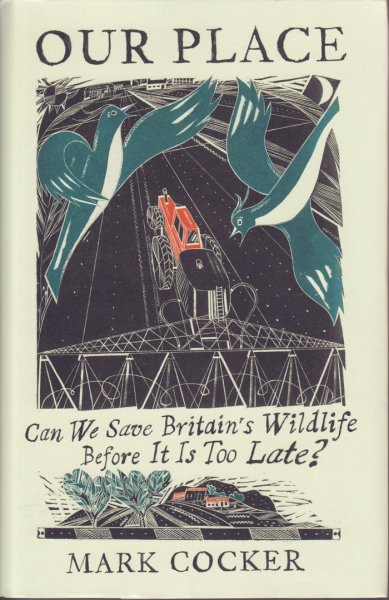
Publisher: Jonathan Cape, London
Publication Year: 2018
Binding: Hardback
Page Count: 336
ISBN Number: 9780224102292
Price: £ 16.99
Our Place: Can we save Britain’s wildlife before it is too late?
Our Place explores the origins of UK environmentalism, testing the extent to which it has made a difference to our landscapes and the animals and plants with which we share them. By drawing upon long associations with particular parts of the UK, such as the north Norfolk coastal fringe and the Derbyshire hills of his childhood, Mark Cocker sets out the history of the environmentalism and tells the story of the Wildlife Trust movement, the RSPB, National Trust and others.
Our Place is an informative read, and it is clear that a great deal of research has been put into finding and crafting the stories that illustrate some of the triumphs and challenges of UK environmentalism. There are personal stories here too, such as the role that Derek Ratcliffe played in the Cow Green reservoir row that tested both our environmental legislation and the mettle of the Nature Conservancy.
Mark is at his best and most lyrical when writing about the places with which he has the strongest connection. His connection with Blackwater, five acres of land on the Yare floodplain that he purchased in 2012, sings loud and strong in the introductory chapter ‘My Place’. It is this intense feeling for a place that has the power to drive environmentalism forward, and similar feelings are evident in the characters whose stories sit behind the organisations portrayed elsewhere within the pages of this book. The presence of poems, few in number and carefully placed, adds more depth to the narrative, particularly ‘Crome’ by Matt Howard, which sits at the head of that first chapter. Matt has worked Blackwater with Mark, sharing in the joyful ache that comes from physical labour and the use of hand tools, and this may be why the poem works so well to set the book off on the right tone.
At its heart this is a history, rich in detail but yet accessible and shaped by Mark’s own environmental thinking. Despite the book’s subtitle ‘Can we save Britain’s wildlife before it is too late?’ – a question that the book doesn’t answer - this is not a polemic. Despite this, it does get you thinking about what our environmental organisations have achieved and it will, quite rightly, become a touchstone for those who will pick up the batten over the coming years.
Book reviewed by Mike Toms
buy this book
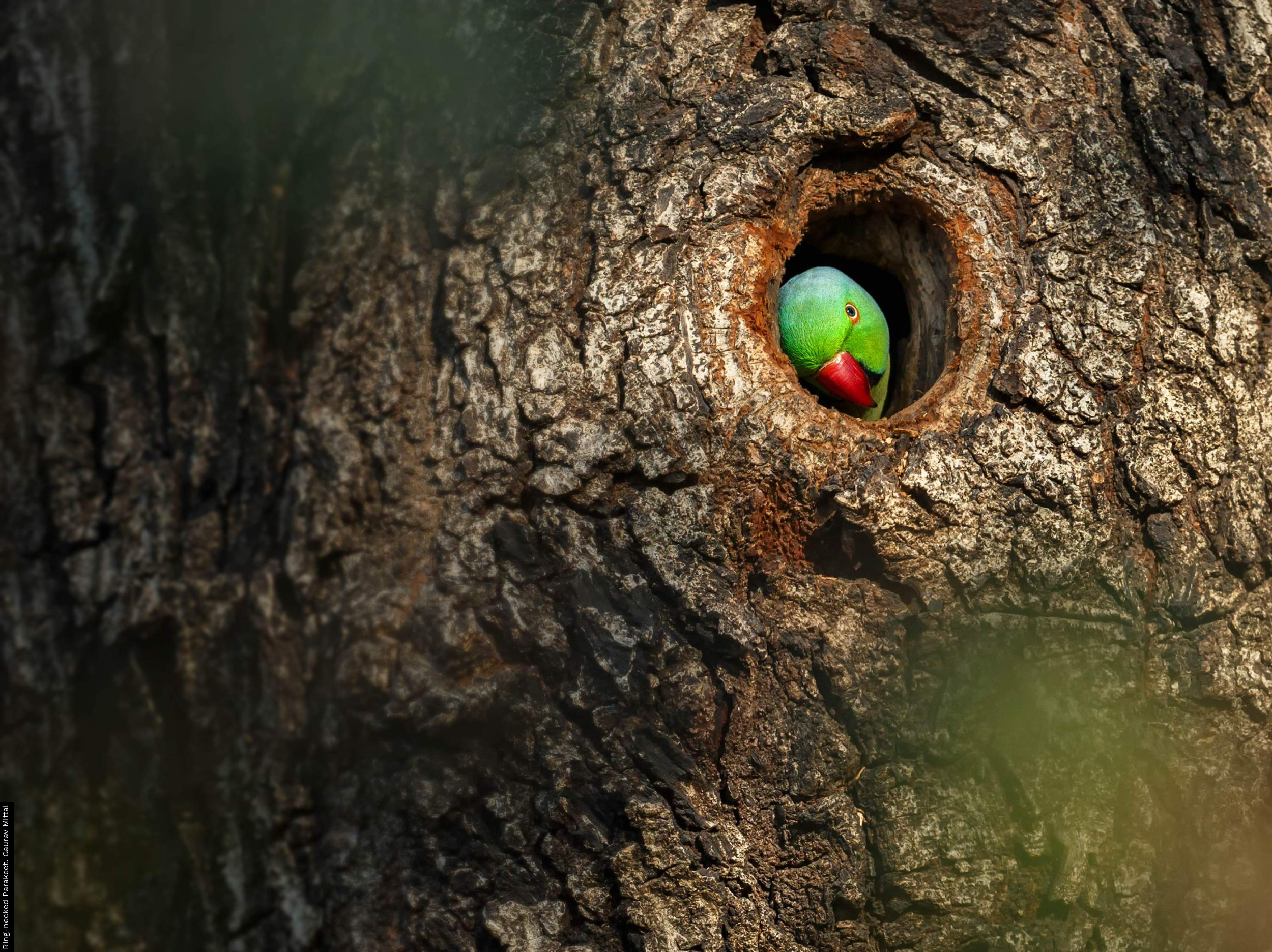
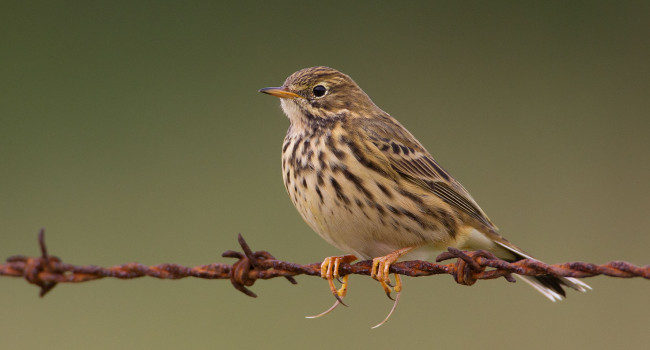
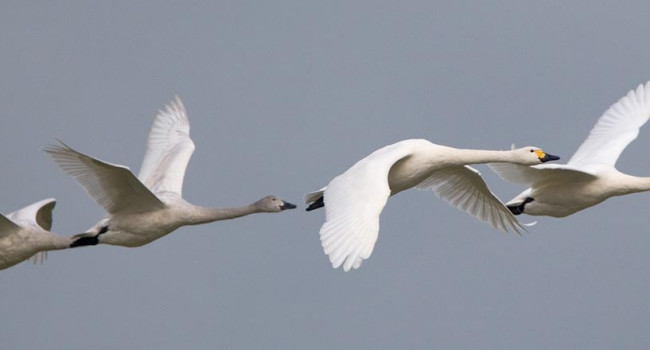
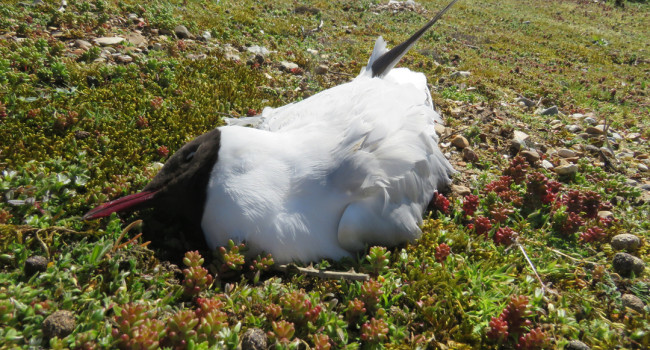

Share this page